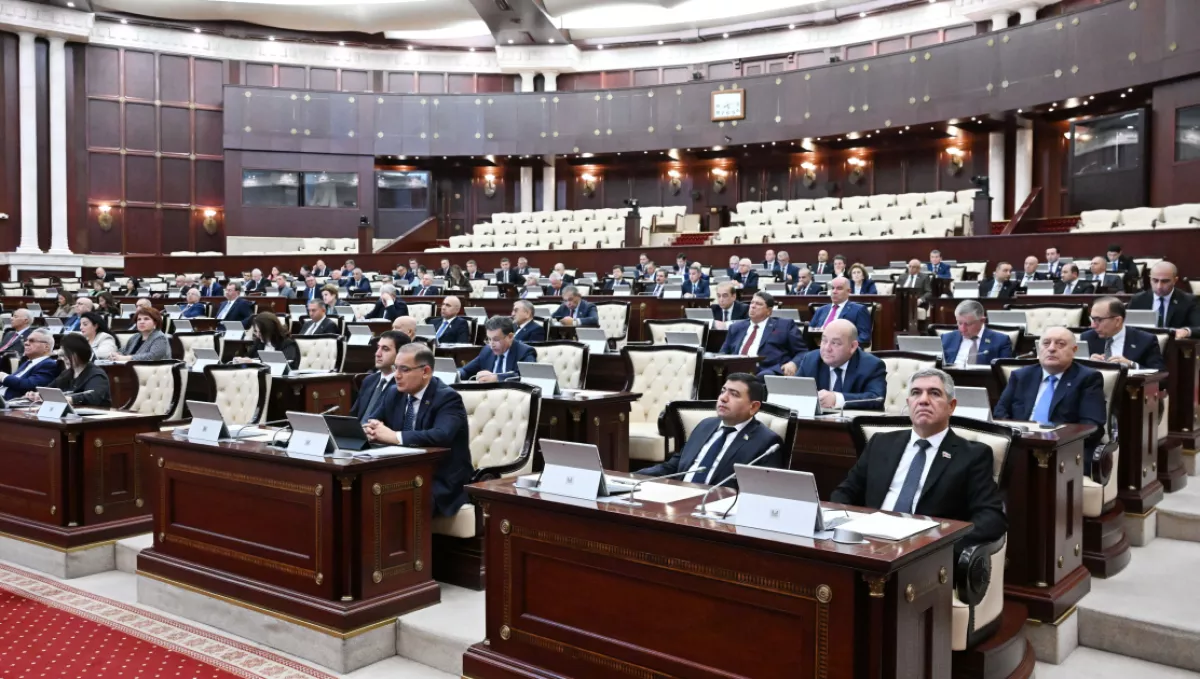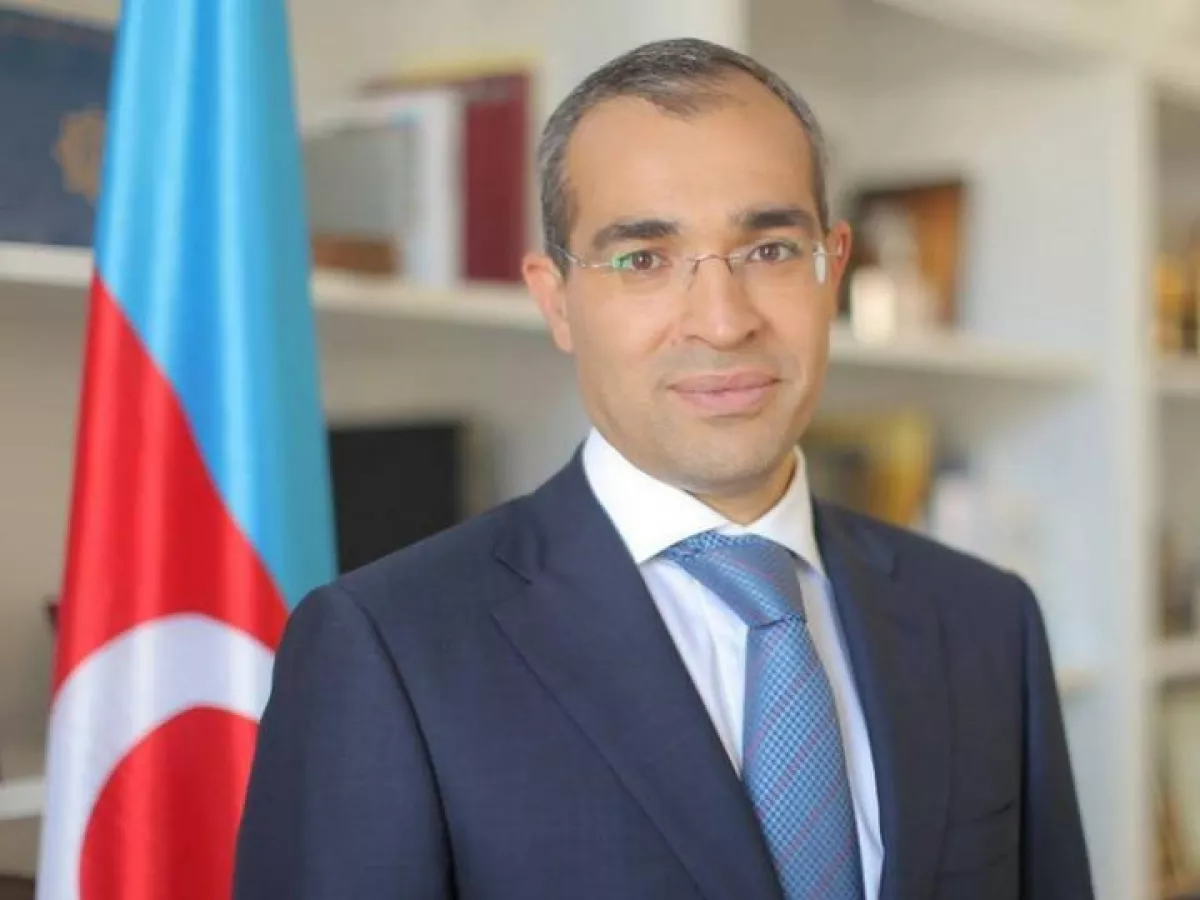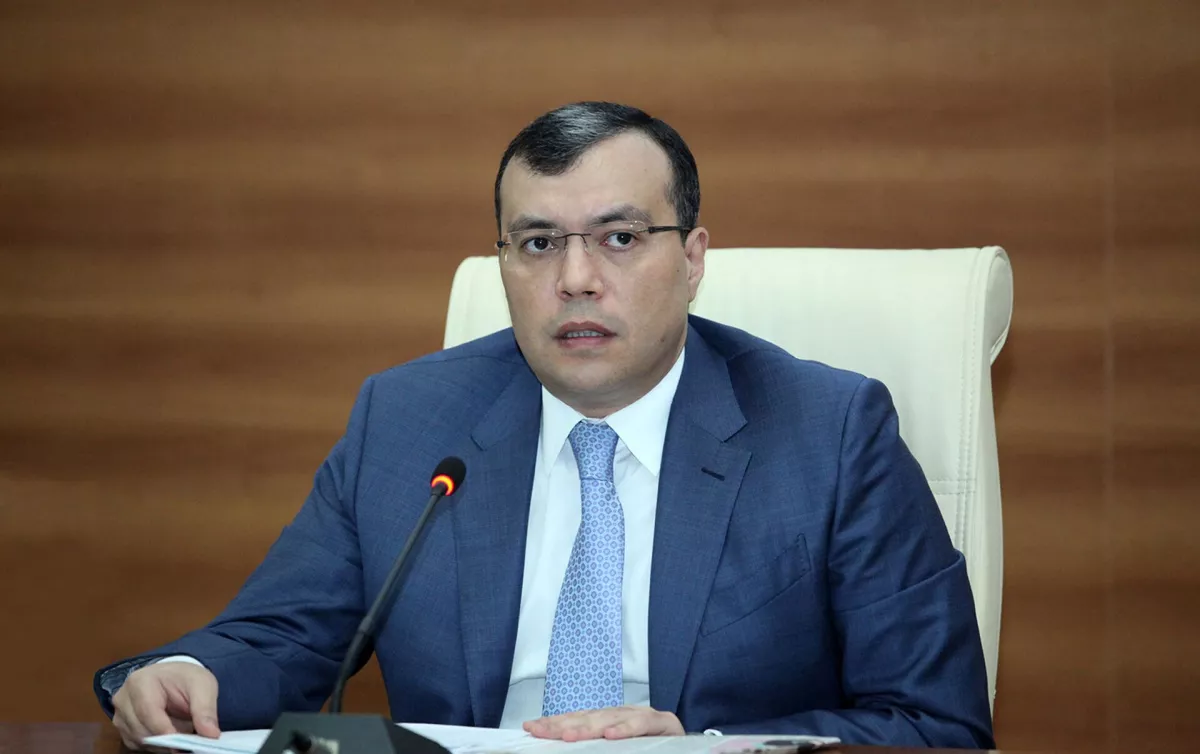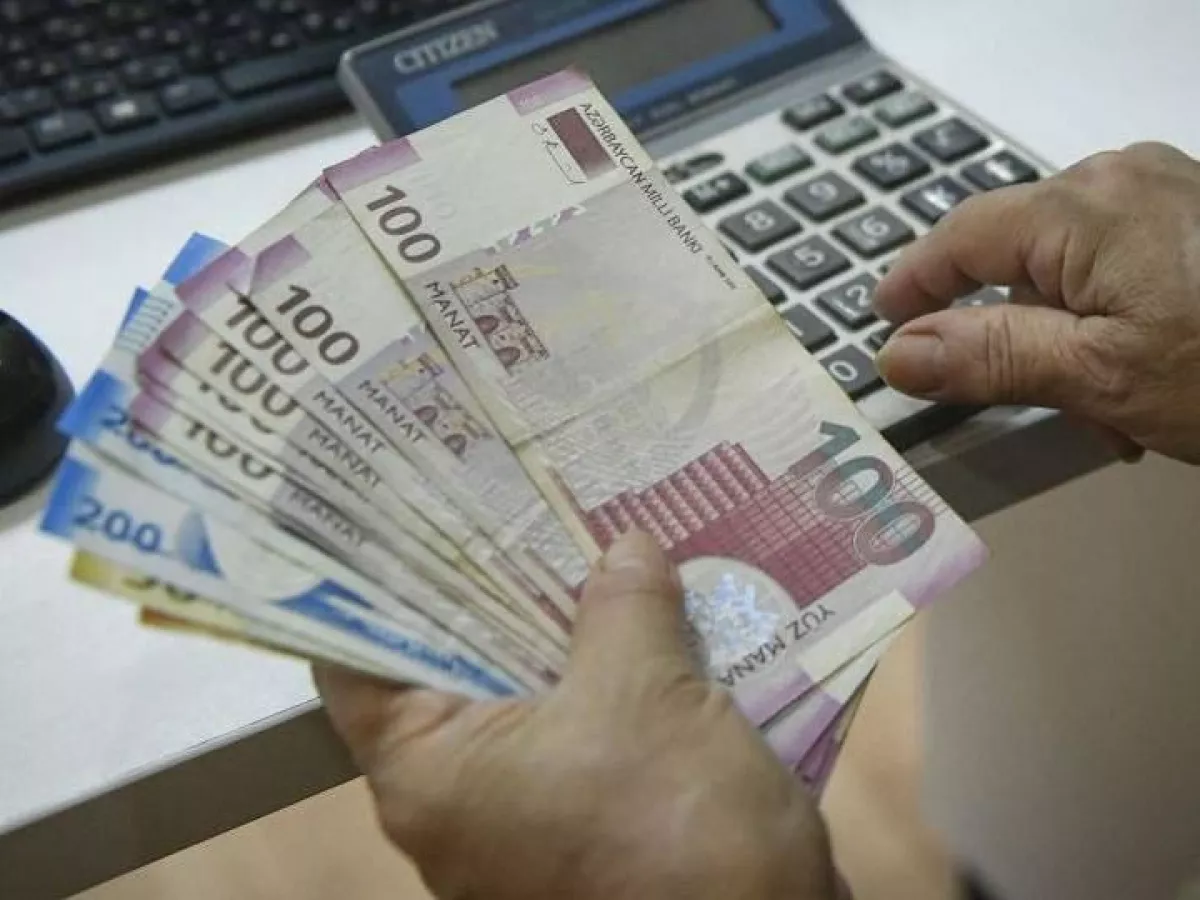Azerbaijan’s 2026 budget: fiscal incentives drive non-oil sector growth Caliber.Az review
Each November, as part of Azerbaijan’s budget drafting process, proposed amendments and additions to the Tax and Customs Codes are reviewed. This process also includes improvements to legislation and administrative mechanisms aimed at supporting the backbone of the non-oil sector — small and medium-sized enterprises (SMEs) and microbusinesses.
Recently, the Azerbaijani Milli Majlis (parliament) Committee on Economic Policy, Industry, and Entrepreneurship held a meeting to discuss the fiscal policy planned for the coming year. Key topics included measures to strengthen the non-oil sector and reduce the tax burden on the business community.

The need for systematic updates and modernisation of fiscal and business legislation is particularly pressing in today’s rapidly evolving global environment. This includes the adoption of “green” technologies in energy and transport, the digitalisation of the economy and financial sector, and other transformative changes associated with the Fourth Industrial Revolution (4IR).
In response, Azerbaijan has been steadily implementing reforms to improve the investment climate, including measures to simplify business registration and operations. For many years, a “single window” system and digital document workflow have been in place, and all tax declarations are now submitted electronically. These legislative and administrative reforms in the fiscal sphere help expand the non-oil taxpayer base, support SMEs, and strengthen public-private partnerships.
Amendments to the Tax Code adopted over the past five to six years have helped reduce the fiscal burden, particularly in agro-industrial clusters and the “green” energy sector. A special tax regime also applies to businesses operating in territories recently liberated from occupation. These measures have contributed to broadening the tax base by formalising previously unreported employee income and reducing the “shadow” turnover of industrial and commercial enterprises.
The effectiveness of these reforms is reflected in the sustained growth of Azerbaijan’s non-oil sectors. Despite challenges in the external economic environment and a decline in commodity exports, the country’s gross domestic product grew by 4.1% in 2024. Meanwhile, the non-oil sector expanded by 6%, including a 7% increase in the industrial segment of the economy.
Today, the growth rate of non-oil sectors significantly outpaces the overall performance of the domestic economy. This trend is hardly surprising, given the steadily increasing share of the non-oil sector in Azerbaijan’s economic structure. While it accounted for 49% of GDP in 2011, its share had risen to 68% by the end of 2024.
This sustained growth is underpinned by the expanding number of economically active SMEs and microbusinesses. According to the State Tax Service (STS), as of October 1, 2025, Azerbaijan had over 1.653 million taxpayers, marking a 4.8% increase compared with the same period last year. Almost 87% of these taxpayers are individuals, primarily sole proprietors.
The growing importance of the non-oil sector is also reflected in rising non-oil revenues for the state budget. These revenues increased from 10.7 billion manats ($6.3 billion) in 2020 to 19.2 billion manats ($11.3 billion) in 2024 — a growth of nearly 80%. The dynamic expansion of the non-oil sector’s contribution to both the budget and GDP is expected to continue in 2025 and beyond.

“Over the first nine months of this year, tax revenues from Azerbaijan’s private non-oil sector grew by more than 10%, and their share of non-oil tax receipts exceeded 77%,” said Minister of Economy Mikayil Jabbarov during a discussion of the draft State Budget for 2026 at the Milli Majlis Committee on Economic Policy, Industry, and Entrepreneurship. “It is significant that economic growth is being driven primarily by the non-oil sector, which has become the main source of tax revenues and fiscal contributions. This is a key factor to consider when shaping future economic policy.”
The minister added that, alongside tax revenues, contributions to mandatory state social insurance are also rising. Over the first three quarters of 2025, the social insurance collection target was exceeded by 7.6%, with actual receipts reaching 4.7 billion manats ($2.8 billion) — 12% higher than the same period last year.
Forecasts for non-oil revenues in the state budget for the coming year are equally optimistic.

“Non-oil sector revenues are expected to reach 13.3 billion manats [$7.8 billion] in 2026, or 78.7% of all state budget revenues,” Finance Minister Sahil Babayev said at a parliamentary committee meeting. “This represents an increase of 1.6 billion manats [$940 million], or 14.1%, compared with 2025, and 2.3 billion manats [$1.3 billion], or 20.7%, compared with 2024.”
This sustained progress has been largely supported by the government’s consistent policies of providing financial incentives and fiscal preferences to businesses, supporting exporters, and maintaining a favourable business climate. These measures help attract private investment into the real economy, boost the capitalisation of industrial clusters — including technoparks, industrial zones, and agro-parks — and, most importantly, create tens of thousands of new jobs.
“As of October 1, 2025, 508 business entities in Azerbaijan have been issued 612 investment incentive certificates,” said Jabbarov. “The projects supported by these certificates involve investments of around 7.4 billion manats [$4.3 billion] in the development of local production and are expected to create over 44,000 jobs.”
Support for businesses will continue into the coming year. According to the minister, Azerbaijan plans to introduce new tax incentives and measures to promote the development of the non-oil private sector and enhance market transparency. “As part of these new initiatives, a draft amendment to the Tax Code has been submitted to parliament, aimed at reducing the tax burden, stimulating investment, expanding entrepreneurship, and increasing transparency.”
The proposals include new tax incentives in the Tax Code for entrepreneurs in the Nakhchivan Autonomous Republic, similar to those available to companies operating in recently liberated territories. Fiscal preferences are also designed to encourage the production of buses and trucks in the transport sector, while aquaculture will be classified under agriculture, making it fully exempt from taxation.

Additionally, tax rates for the food service sector are set to be reduced to encourage cashless payments, while the quarterly threshold for mandatory VAT registration for simplified taxpayers is planned to be increased from 200,000 ($117,647) to 400,000 manats ($235,294).
During the discussion of the draft State Budget for 2026, aspects of personal income tax regulation were also addressed. Since January 1, 2019, Azerbaijan has implemented a seven-year personal income tax incentive for the non-oil private sector, which is set to expire at the end of this year.
According to the finance minister, Azerbaijan’s personal income tax rate is among the lowest in the world. Starting next year, a phased preferential regime will be introduced for its application.
“Starting in 2026, a personal income tax rate of just 3% will apply to the earnings of employees up to 2,500 manats per month,” Finance Minister Sahil Babayev stated. “At the same time, we have regulated the overall fiscal burden. Previously, the total fiscal load in Azerbaijan reached 52–55%, but it now stands at 37%, and we have set a rule not to exceed this level across all types of income.”
The minister emphasised that, under government plans, the personal income tax rate on earnings up to 2,500 manats per month will rise to 5% in 2027 and stabilise at 7% from 2028 onwards. For income up to 8,000 manats, the rate will be 10%, while earnings above 8,000 manats will be taxed at 14%.
According to the finance minister, the phased preferential schedule will ease the transition period. Overall, the government has decided to adopt lower personal income tax rates, creating a favourable foundation for the development of the private sector, particularly SMEs, and supporting the attraction of investment and infrastructure projects.








